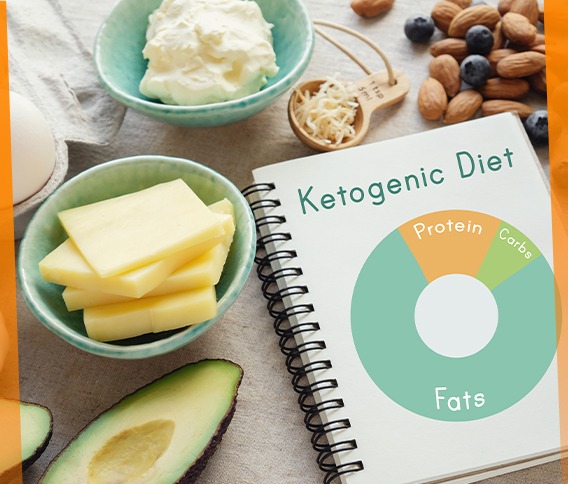
The Connection between brain & food
In the journey to overall well-being, the importance of good nutrition extends beyond physical health to profoundly impact mental wellness. A well-balanced diet not only enhances cognitive function but also plays a pivotal role in improving clarity, alertness, concentration, and attention span.
Research consistently supports the profound impact of nutrition on cognitive function and mental well-being. Numerous studies have explored the connection between diet and brain health, shedding light on the importance of specific nutrients for optimal cognitive performance.
The detrimental effects of processed foods, laden with high sugar and refined flours, cannot be overstated. Such foods not only foster unhealthy cravings but also adversely affect the intricate physiology of the brain. It's essential to recognize that what we consume significantly shapes our mental state.
A diet geared towards mental health emphasizes the consumption of fruits, vegetables, omega-3 fatty acids, and brain-nourishing dark leafy greens. Understanding the crucial link between the gut and the brain becomes paramount, as gut bacteria wield influence over mood through the production of neurochemicals. Mindful eating, documented through a food journal, emerges as a valuable tool in recognizing patterns and understanding emotional triggers.
Stress and depression often lead to suboptimal dietary choices, perpetuating a cycle that can be challenging to break. Acknowledging the severity of such situations, it is emphasized that seeking professional help, whether for severe cases or emerging eating disorders, is an act of strength rather than weakness.
Optimal brain function hinges on a diverse diet incorporating complex carbohydrates like brown rice, lean proteins from varied sources, and essential fatty acids found in fish, meat, eggs, nuts, and flaxseeds. The guidance extends to avoiding processed snacks and sugary foods, choosing instead the nourishment of healthy fats like olive oil, coconut oil, and avocado.
Practical tips for sustaining a health-conscious lifestyle include steering clear of distractions during meals, opting for nutrient-dense snacks such as fruits and nuts, and embracing the practice of mindful consumption. Developing a well-thought-out shopping list and creating an intentional eating environment, coupled with the simple act of chewing slowly to savor each bite, contribute significantly to the holistic pursuit of well-being.





